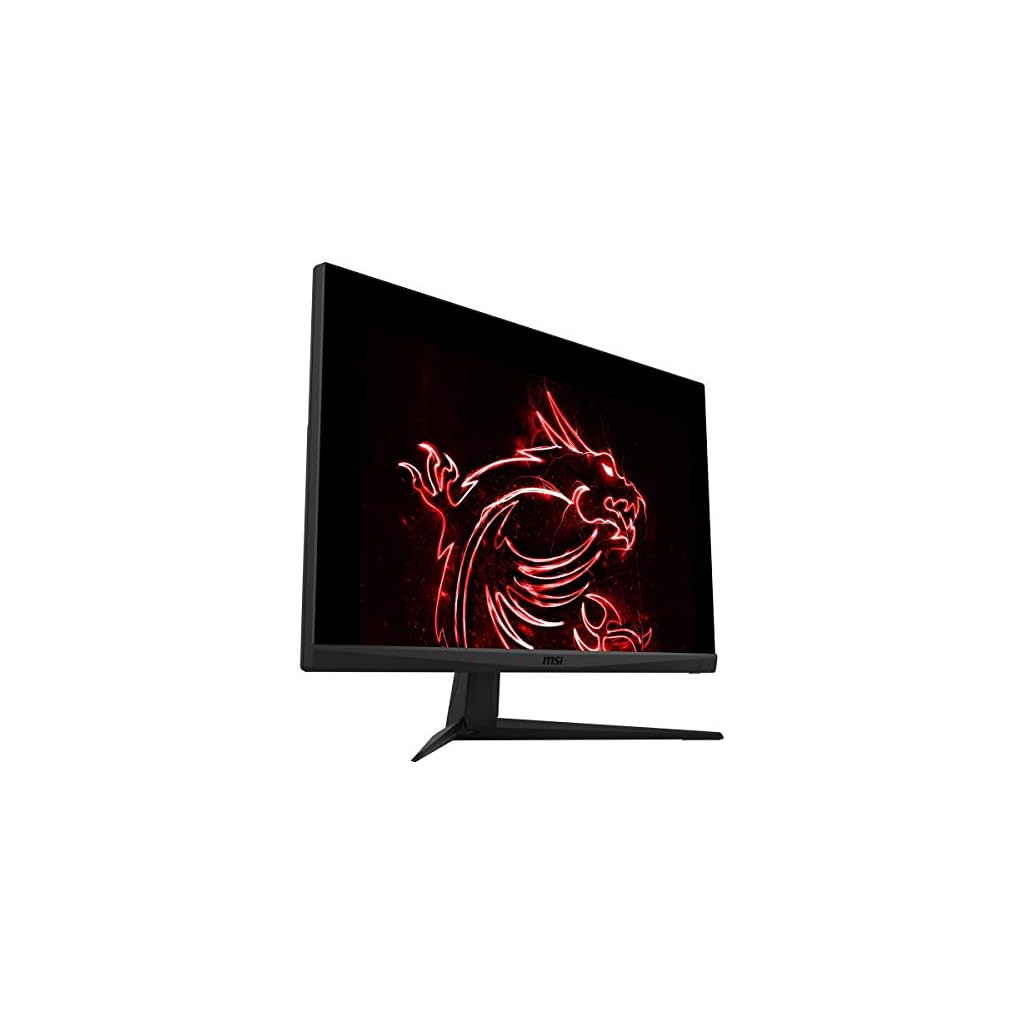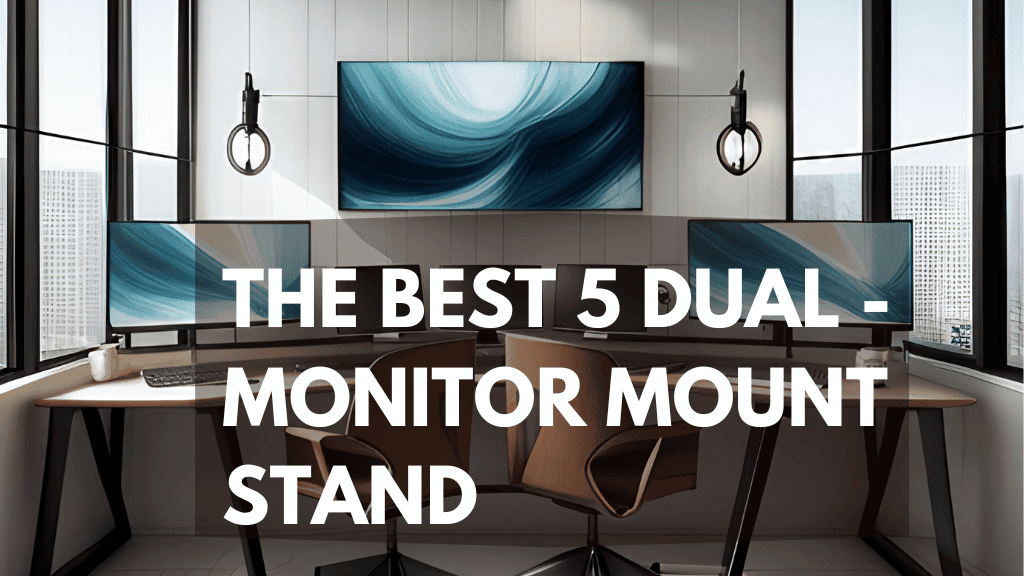In today’s digital age, multi-screen setups have become a vital part of many workspaces. Whether you’re coding, designing, gaming, or simply multitasking, having multiple screens can significantly boost your productivity and efficiency. But as the number of screens increases, so does the need for space and organization. That’s where monitor mounts come in. These handy tools not only save valuable desk real estate but also offer ergonomic benefits, helping you maintain a comfortable and healthy posture throughout your workday.
Why Use Monitor Mounts for Multi-Screen Setups?
Monitor mounts serve more than just an aesthetic purpose. They are designed to provide a multitude of benefits that enhance your workspace experience. For starters, they save substantial desk space, leaving room for other essential items like your keyboard, mouse, and documents.
Moreover, monitor mounts promote better posture. Regular monitors often require users to hunch over or strain their necks, leading to discomfort and potential health issues over time. With adjustable monitor mounts, you can position your screens at eye level, encouraging a straight back and reducing the risk of musculoskeletal problems.
Additionally, monitor mounts offer unmatched flexibility. You can easily rotate, tilt, or swivel your screens to achieve the perfect viewing angle. This is particularly useful for professionals who frequently share content on their screens with colleagues or clients.
Factors to Consider When Choosing Monitor Mounts
Before you dive into purchasing a monitor mount, there are several factors to consider. First, compatibility is key. Ensure that the mount supports both the size and weight of your monitors.
Adjustability is another critical aspect. An ideal mount should allow you to change the height, tilt, rotation, and orientation of your screens effortlessly.
Durability and stability also matter. Look for mounts made from high-quality materials that can withstand the weight of your screens without wobbling.
Lastly, consider the ease of installation. While most mounts come with an instruction manual, some may require professional installation.
Top 5 Monitor Mounts for Multi-Screen Setups
There are numerous monitor mounts available in the market, each with its unique features.
Here are our top five picks
Ergotron LX Side-by-Side
This dual monitor arm ranks as the best due to its flexibility and robust build. The Ergotron LX Side-by-Side pairs two LX monitor arms, allowing users to adjust their screens at various angles and heights. Its sturdy construction ensures that your monitors stay in place, regardless of their weight or size.
Fully Jarvis
Recommended by The New York Times, the Fully Jarvis monitor arm stands out for its great adjustability and smooth movements. It’s designed to accommodate a wide range of monitor sizes, making it a versatile choice for multi-monitor setups.
Vivo Dual Desk Mount
Featured in both Monitor Nerds and Gadget Review, this mount offers extensive compatibility and high weight tolerance. The Vivo Dual Desk Mount is praised for its impressive adjustability, allowing users to achieve the perfect viewing angle with ease.
VideoSecu ML12B
This monitor stand is noted for its quality and affordability. It’s a reliable option for those who want to improve their workspace without breaking the bank.
Despite its lower price point, the VideoSecu ML12B doesn’t compromise on performance or features.
Monoprice Workstream Single-Monitor Desk Mount
If you’re looking for a mount that combines functionality with elegance, the Monoprice Workstream Single-Monitor Desk Mount is a great option. It’s built from high-quality materials that promise durability and stability, ensuring your monitors stay secure.
Remember, the best monitor mount for you depends on your specific needs and workspace setup.
Consider factors like the size and weight of your monitors, the adjustability of the mount, and your budget before making a decision.
How to Install a Monitor Mount
Installing a monitor mount might seem daunting, but with the right steps, it’s a breeze.
Here’s a simple step-by-step guide:
Prepare Your Workspace
Clear your desk and ensure you have all the necessary tools at hand. Most mounts come with the required hardware.
Attach the Mount to the Desk
Follow the manufacturer’s instructions to secure the mount to your desk. Some mounts clamp to the edge of the desk, while others use a grommet hole.
Attach the Arms to the Mount
Once the mount is secure, attach the arms that will hold your monitors. Ensure they’re tightened properly.
Attach the Monitors to the Arms
Finally, fix your monitors onto the arms. Adjust the height, tilt, and rotation as needed.
Tips for Organizing Your Multi-Screen Setup with Monitor Mounts
Organizing a multi-screen setup goes beyond just installing the mounts.
Here are some tips to optimize your arrangement
Consider Your Usage
Position the screens based on how frequently you use them. Your main screen should be right in front of you, while secondary screens can be on the sides.
Align the Tops of Your Monitors
This reduces the need for vertical head movement, minimizing strain on your neck.
Keep a Comfortable Distance
Place your monitors at least an arm’s length away to prevent eye strain.
Conclusion
Monitor mounts are a game-changer for multi-screen setups. They not only enhance your workspace aesthetically but also provide ergonomic benefits and increased productivity.
With the right mount, you can create a comfortable, organized, and efficient workspace that caters to all your professional needs.
Thanks for reading!
Have you used monitor mounts for your multi-screen setup?
Do you have any tips or product recommendations? Share your experiences in the comments below.
If you have any questions, feel free to ask. We’re here to help you create the best workspace possible.


